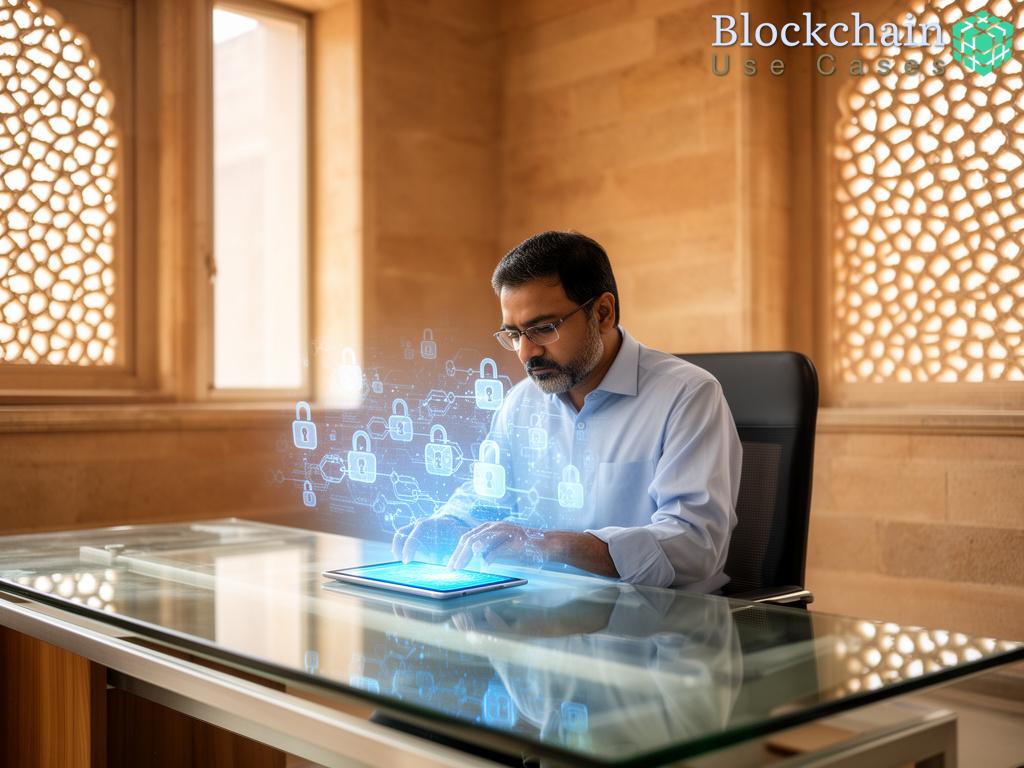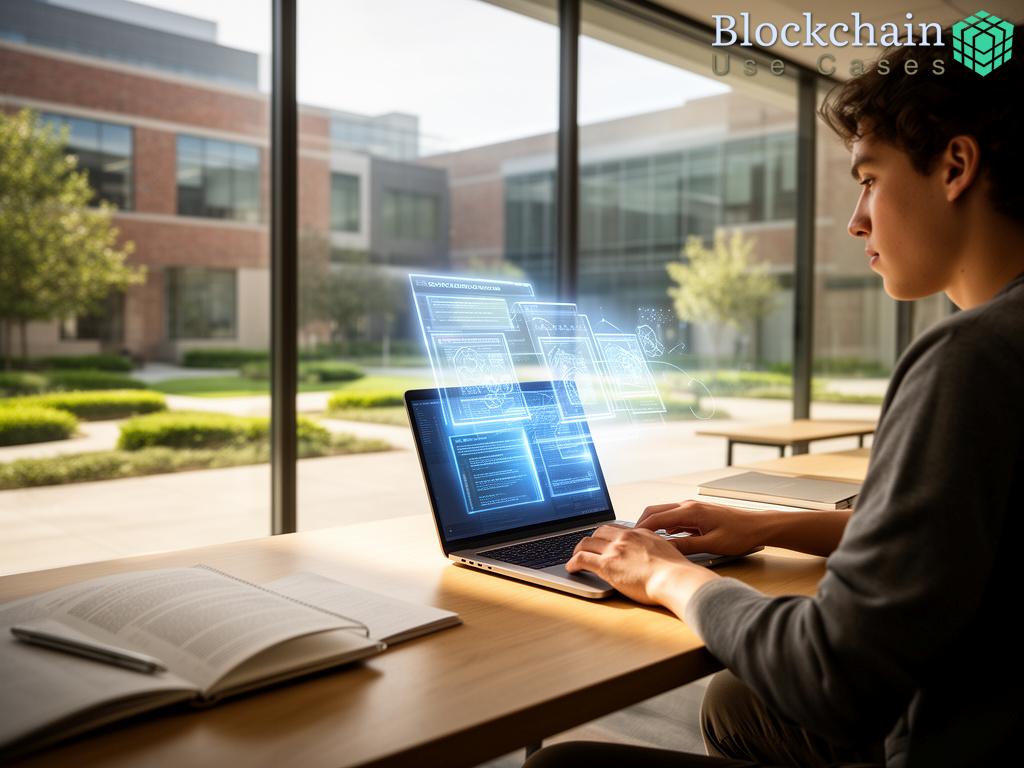In an era where educational qualifications can significantly influence career trajectories, the proliferation of diploma mills and fraudulent degree programs poses a serious threat. These entities exploit the growing demand for accredited education by offering degrees that lack any substantive academic rigor. As the digital landscape continues to evolve, the introduction of blockchain technology emerges as a beacon of hope in combating credential fraud.
Blockchain: A Game Changer for Academic Integrity

Blockchain technology, with its decentralized and immutable nature, offers an innovative solution to the rampant issue of diploma mills. By providing a secure method for storing and verifying educational credentials, blockchain can ensure that the authenticity of degrees and certificates is preserved. This technology not only safeguards academic integrity but also enhances transparency within the educational sector.
The Mechanism of Verification
One of the most significant advantages of blockchain is its ability to create a tamper-proof record of academic achievements. Institutions can issue verified certificates directly onto the blockchain, which can be easily accessed and verified by employers or other educational institutions. The process of verification becomes instantaneous and reliable, eliminating the lengthy and often convoluted methods currently in use.
Consider the following aspects that illustrate how blockchain can effectively reduce the prevalence of diploma mills:
- Immutable Records: Once a degree is recorded on the blockchain, it cannot be altered or deleted, ensuring that fraudulent changes are impossible.
- Decentralization: The lack of a central authority reduces the risk of manipulation, providing a more democratic approach to credentialing.
- Instant Verification: Employers can verify candidates’ qualifications in real-time without the need for extensive background checks.
- Global Accessibility: Individuals can access their credentials anytime and anywhere, making it easier to showcase their qualifications to potential employers.
Future Prospects for Education and Employment
As blockchain technology continues to mature, its adoption in the education sector is likely to accelerate. Educational institutions worldwide are beginning to recognize the benefits of integrating blockchain into their systems. By doing so, they not only bolster the credibility of their programs but also contribute to a more trustworthy academic environment. Moreover, as employers increasingly seek verified credentials, the reliance on blockchain for verifying educational qualifications may become a standard practice.
In conclusion, the marriage of blockchain technology and educational credentialing has the potential to revolutionize the way degrees are issued and verified, significantly diminishing the impact of diploma mills and fake degree programs. As stakeholders in the education sector embrace this innovative approach, the integrity of academic credentials will likely see a much-needed renaissance.





